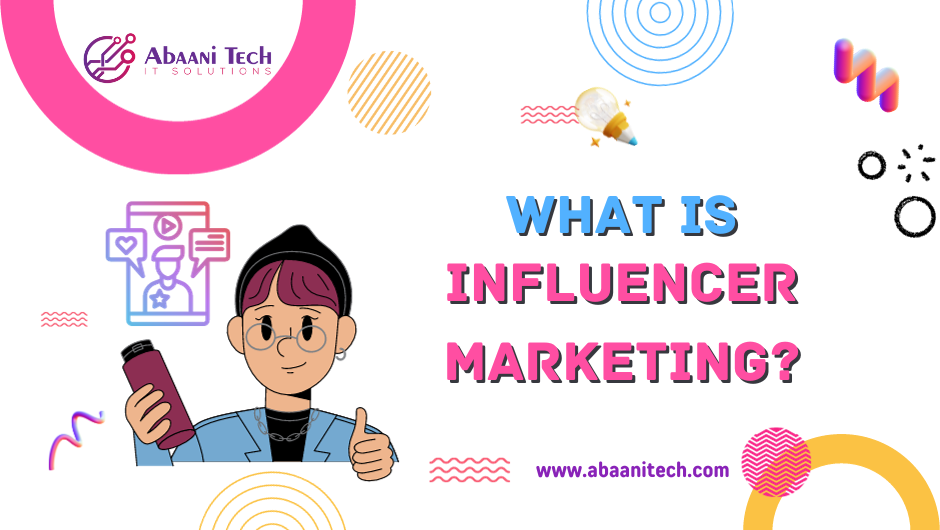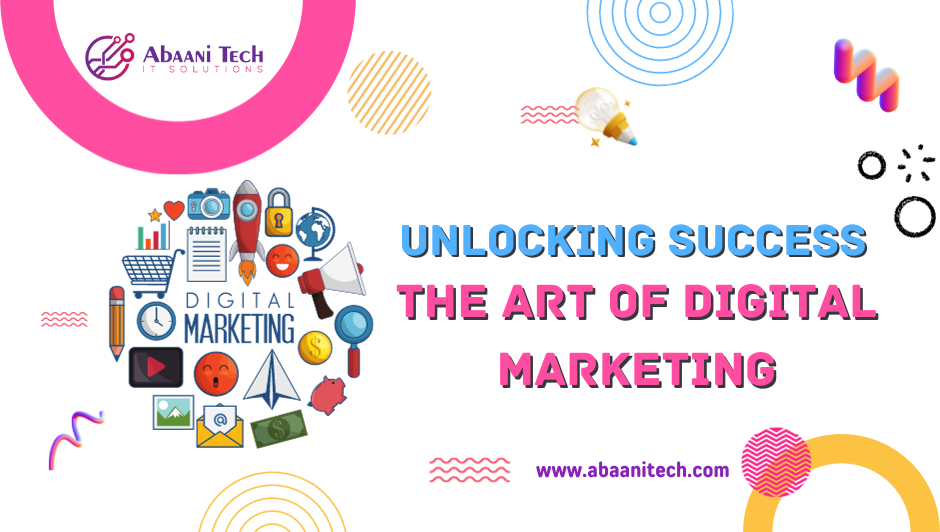15 Expert Insights to Transform Your Blogging Journey


Starting a blog can be an exciting journey into the world of online expression and creativity. However, it’s also a path fraught with challenges and uncertainties. To help you embark on this adventure with confidence and success, we’ve gathered 20 expert tips from seasoned bloggers who wish they had known these insights when they first started.
Whether you’re a blogging novice or looking to enhance an existing blog, these valuable lessons will prove invaluable.
- 1. Choose Your Niche Wisely
- 2. Know Your Audience
- 3. Plan Your Content Calendar
- 4. Invest in Quality Hosting
- 5. Mobile Optimization
- 6. Content is King
- 7. SEO Matters
- 8. Engage with Your Audience
- 9. Monetization Strategies
- 10. Email Marketing
- 11. Analytics and Tracking
- 12. Networking
- 13. Social Media Presence
- 14. Patience and Persistence
- 15. Learn from Mistakes
- Conclusion
- FAQs (Frequently Asked Questions)
1. Choose Your Niche Wisely
One of the fundamental decisions you’ll make when starting a blog is selecting a niche. Your niche defines your content’s focus and determines your target audience. Here are some considerations:
- Passion and Knowledge: Choose a niche you are genuinely passionate about and have knowledge in. Blogging about something you love will make the process more enjoyable and sustainable.
- Market Demand: Research the demand for your chosen niche. Are there people actively seeking information or products related to it? Tools like Google Trends can help you gauge interest.
- Competition Analysis: Investigate the competition in your niche. While competition is healthy, assess whether you can offer a unique perspective or fill a gap in the market.
2. Know Your Audience
Before diving into content creation, invest time in understanding your target audience. Building a detailed audience persona can guide your content strategy:
- Demographics: Identify the age, gender, location, and interests of your ideal readers.
- Needs and Pain Points: Determine the problems or questions your audience has within your niche. Your content should address these pain points.
- Preferred Content Format: Discover whether your audience prefers articles, videos, infographics, or other formats. Tailor your content accordingly.
3. Plan Your Content Calendar
Consistency is a key ingredient for a successful blog. Creating a content calendar can help you stay organized and maintain a steady posting schedule:
- Frequency: Decide how often you’ll publish content. It could be weekly, bi-weekly, or monthly, but stick to your chosen schedule.
- Content Ideas: Populate your calendar with topic ideas. This will save you time and ensure you always have something to write about.
- Seasonal and Trendy Content: Plan ahead for holidays, seasons, and trending topics in your niche.
4. Invest in Quality Hosting
Your blog’s hosting service plays a critical role in its performance and accessibility. Consider these factors when choosing hosting:
- Uptime: A reliable hosting provider ensures that your blog is accessible to visitors at all times. Look for hosts with high uptime percentages.
- Customer Support: Evaluate the quality of customer support. You’ll want responsive support in case of technical issues.
- Scalability: Consider future growth. Can your hosting plan accommodate increased traffic and resource demands?
5. Mobile Optimization
In today’s mobile-centric world, having a mobile-friendly blog is non-negotiable. Here’s why it’s crucial:
- User Experience: Mobile optimization ensures that visitors on smartphones and tablets have a seamless browsing experience.
- Search Engine Ranking: Google prioritizes mobile-friendly websites in its search results. Mobile optimization can improve your search engine visibility.
- Wider Audience Reach: A mobile-friendly blog caters to a broader audience, including those who primarily use mobile devices for internet access.
6. Content is King
High-quality, engaging content is the lifeblood of any successful blog. Here’s how to create content that captivates your audience:
- Research and Structure: Thoroughly research your topics and organize your content logically with clear headings and subheadings.
- Originality: Aim for originality in your writing. While it’s okay to draw inspiration from others, put your unique spin on every piece.
- Storytelling: Storytelling can make your content more relatable and memorable. Incorporate anecdotes and personal experiences when relevant.
7. SEO Matters
Search Engine Optimization (SEO) is a crucial aspect of blogging. Learning and applying SEO basics can boost your blog’s visibility on search engines:
- Keyword Research: Use tools like Google Keyword Planner to find relevant keywords for your niche. Incorporate these keywords naturally into your content.
- On-Page SEO: Optimize your blog posts with on-page SEO techniques, including meta tags, headings, and keyword placement.
- Backlinks: Acquire high-quality backlinks from reputable websites in your niche. Guest posting can be an effective strategy.
8. Engage with Your Audience
Building a community around your blog can be incredibly rewarding. Engaging with your readers fosters a sense of connection and loyalty:
- Respond to Comments: Always respond to comments on your blog. Encourage discussions and answer questions.
- Social Media Interaction: Be active on social media platforms where your audience hangs out. Share your content and engage in conversations.
- Email Communication: Consider sending newsletters and exclusive content to your email subscribers. It’s a direct channel to your most dedicated readers.
9. Monetization Strategies
While passion for your niche is crucial, exploring monetization options can turn your blog into a source of income:
- Affiliate Marketing: Promote products or services related to your niche and earn commissions on sales generated through your affiliate links.
- Sponsored Posts: Partner with brands for sponsored content. Ensure that sponsored posts align with your niche and audience.
- Selling Digital Products: Create and sell digital products like ebooks, courses, or printables relevant to your blog’s theme.
10. Email Marketing
Building an email list from the start is a smart move. Email marketing is a powerful tool for connecting with your audience and promoting your content:
- Value in Emails: Provide value to your subscribers through informative newsletters, exclusive tips, and product recommendations.
- Segmentation: Segment your email list based on subscriber interests and behavior. Send targeted content to different segments.
- Automation: Use email automation to send out welcome emails, follow-ups, and drip campaigns. It saves time and ensures consistent communication.
11. Analytics and Tracking
Data-driven decisions are essential for blog growth. Familiarize yourself with analytics tools to monitor your blog’s performance:
- Google Analytics: Install Google Analytics or a similar tool to track traffic, user behavior, and conversion rates.
- Conversion Rate Optimization: Optimize your blog for conversions, whether it’s getting subscribers, leads, or sales. Test different strategies to improve your conversion rates.
12. Networking
Networking with other bloggers and influencers in your niche can open doors to collaborations, guest posts, and shared knowledge:
- Connect Authentically: Approach networking with authenticity. Build genuine relationships rather than simply seeking favors.
- Guest Posting: Write guest posts for other blogs in your niche. It’s an excellent way to reach a broader audience and build backlinks.
- Collaborations: Collaborate with fellow bloggers on projects, webinars, or content series that benefit both parties.
13. Social Media Presence
Leverage social media platforms to promote your content and engage with a broader audience:
- Platform Selection: Choose social media platforms that align with your niche and where your target audience is active.
- Consistent Branding: Maintain consistent branding across your blog and social media profiles. Your audience should easily recognize your content.
- Consistent Branding: Maintain consistent branding across your blog and social media profiles. Your audience should easily recognize your content.
- Content Sharing: Share not only your own content but also relevant content from others. Engage with your followers through comments and discussions.
14. Patience and Persistence
Blogging is not a get-rich-quick scheme. It takes time to build an audience and see significant results. Here’s why patience and persistence are crucial:
- Slow Progress: Don’t be discouraged by slow growth in the early stages of your blog. Success often comes gradually.
- Adaptation: Be willing to adapt your strategies based on feedback and changing trends. The blogging landscape is constantly evolving.
15. Learn from Mistakes
Mistakes are inevitable in any blogging journey. What sets successful bloggers apart is their ability to learn from these mistakes and continuously improve:
- Analyzing Errors: When you make a mistake, take the time to analyze what went wrong and why. This self-reflection is invaluable for growth.
- Iterative Approach: Approach your blog as an ongoing project for improvement. Continuously seek ways to enhance your content, design, and user experience.
Conclusion
Starting a blog is an exciting and rewarding endeavor, but it comes with its own set of challenges and learning curves. By incorporating these 20 expert tips into your blogging strategy, you can navigate the blogosphere more effectively and increase your chances of success.
Remember, it’s not just about what you write, but also how you engage with your audience and adapt to the ever-changing digital landscape.
You can contact us for your digital marketing services!
FAQs (Frequently Asked Questions)
- How long does it take to see results from blogging?
Results vary, but typically, it takes several months to a year of consistent effort to see significant growth and results.
- Do I need technical skills to start a blog?
No, you can start a blog with minimal technical knowledge. Many user-friendly platforms are available, and there are resources to help you get started.
- Is it necessary to invest money in blogging?
While you can start a blog for free, investing in quality hosting, domain, and possibly design can enhance your blog’s credibility and appeal.
- What is the ideal blog post length?
There’s no one-size-fits-all answer, but longer, in-depth posts tend to perform well in search engines. Aim for quality over quantity.
- How can I promote my blog effectively?
Effective blog promotion includes sharing content on social media, optimizing for search engines (SEO), building an email list, and networking with other bloggers in your niche.






